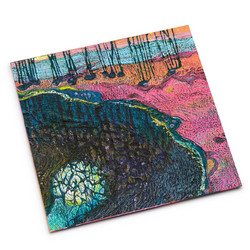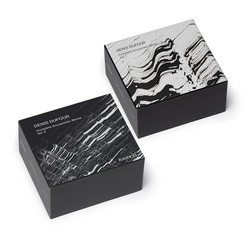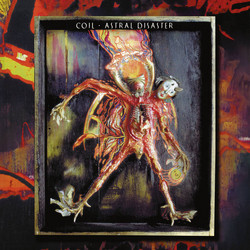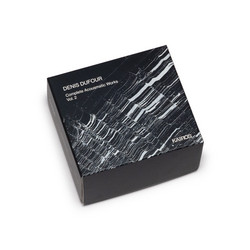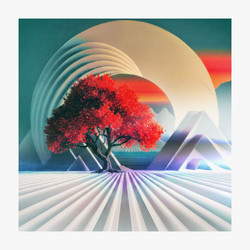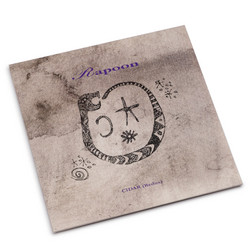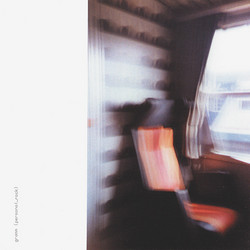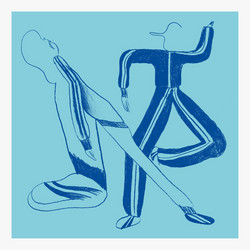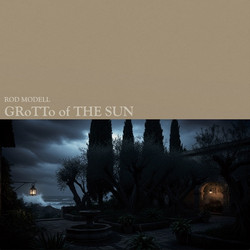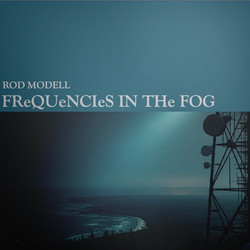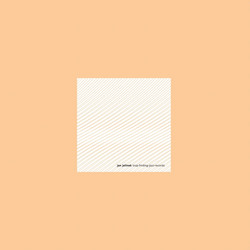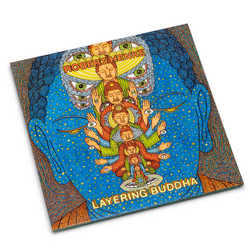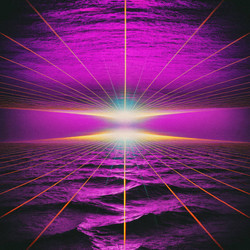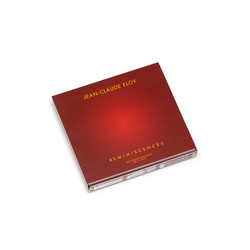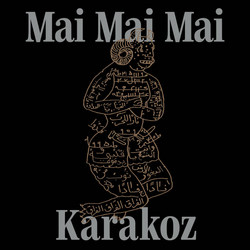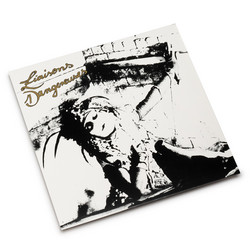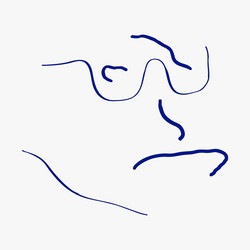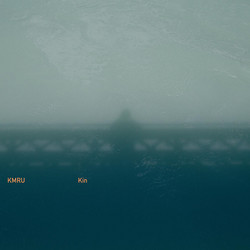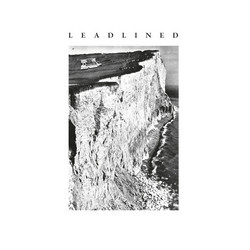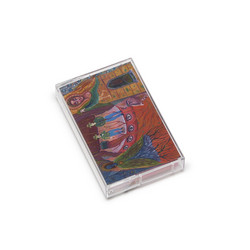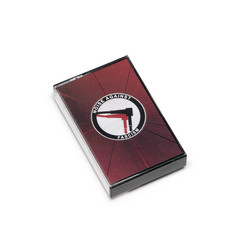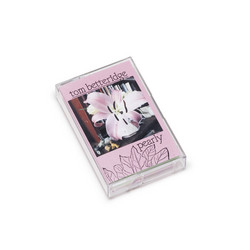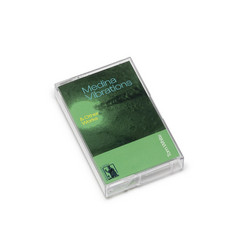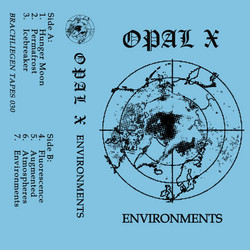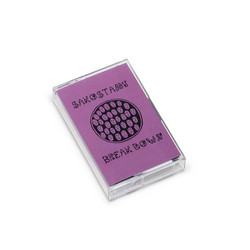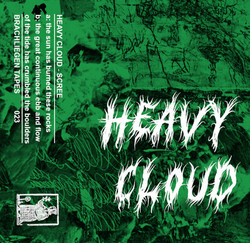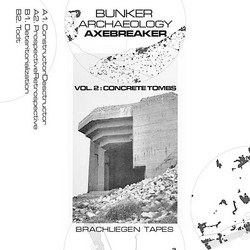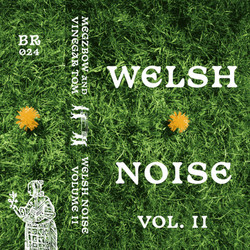Left Hand Cuts Off The Right
Free Time / Dead Time (LP)
Free Time/dead Time is the first full-length 12" LP from Robbie Judkins’ long-running experimental sound project Left Hand Cuts Off The Right. The album combines elements of focused minimalism, experimental electronics and twitching musique concrete to create a series of meditative compositions that reflect on the precarious boundaries between labour, leisure, and the quality of lived experience under late-capitalism. Judkins exploratory practice of sonic experimentation invokes the work of Black to Comm, Laaraji, Ashtray Navigations and Kali Malone across its seven dense movements.
A work of minimal composition, frantic energy and sonic collage, Free Time/dead Time was created during a transitory phase for Judkins. Emerging in the brief respites between periods of work and non-work, lockdowns, uncertainty and fatigue, the LP mixes live improvisations with composed pieces and experiments for zither, synthesizer, keyboard, field recordings, percussion and effects. The ever-present noise of the grinding machinery of labour encroaches into the sanctity of free time, and is refracted and assembled into a pallet of warped compositions which explore the fragility of the work/life balance. Informed by the politics of post-work theory, Free Time/dead Time is a sonic defence of workers’ rights, reflecting the importance of carving out a space for creativity amongst the dirge of the everyday.
Daniel Spicer (The Wire, Jazzwise, The Quietus) observes that “there’s something mysteriously sub-aquatic about the sounds on Free Time/dead Time.” For Spicer, the LP exhumes "the submerged snuffling of some forgotten deep-trench dweller, disturbed by the resonating drone of a passing submersible’s propellers, melding distant orca cries with steady motor hum before a final luminescent parade of fragile koto-like plucks.” Judkins pilots the craft as “a lonesome traveller in a metal belly, wrestling with rattle-clatter gears and levers” as “gear-grind metallic buzzing and echoing machinery clangs in the engine chamber.”
Across seven tracks, Free Time/dead Time clashes and melds together sparse melodic cells, dense drones and scrapes of resonant percussion. Rapid strummings through empty workspaces are saturated with a yearning for release: an alternative dimension for the suffocated and distracted subject, degraded for so long by chronic exhaustion, the antic post-shift come down and the machinery of work. The shuddering groans and squealing mechanics of Free Time/dead Time are a pointed resistance to the contemporary work-centred society, of which David Frayne observes that “unemployment represents a kind of no-man's land: a dead time, degraded by financial worries, social isolation and stigma.” (David Frayne, ‘The Refusal of Work: The Theory & Practice of Resistance to Work’). As the apparatus of finance clanks and judders to a halt, Free Time/dead Time scoops up fragments of life and repurposes them with a utopian animism. Liberated from the social order of production — if but for a moment — a cacophony of tones exhale deep and unencumbered, a boisterous chorus of gurgling unregimented freedom.
